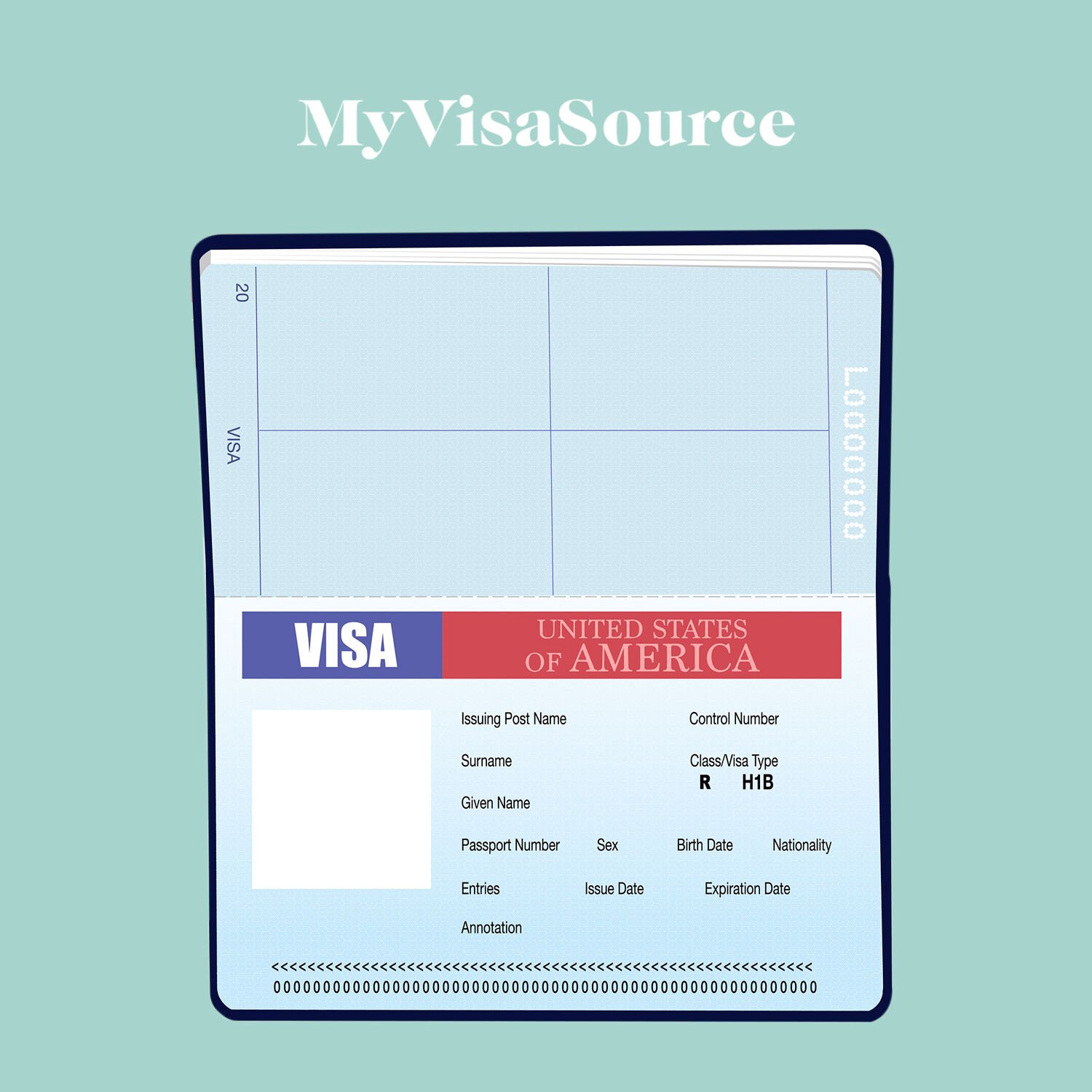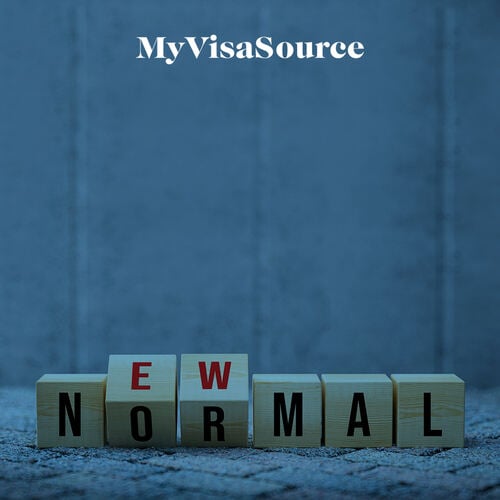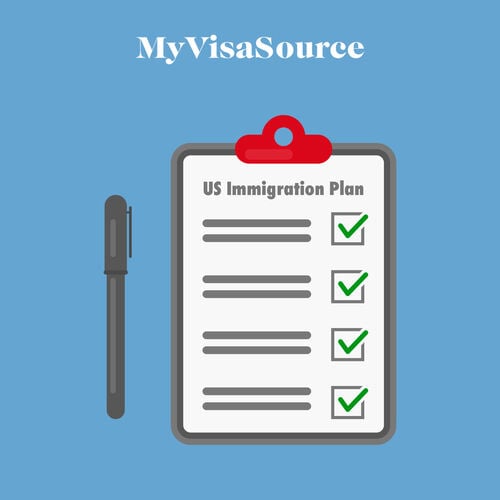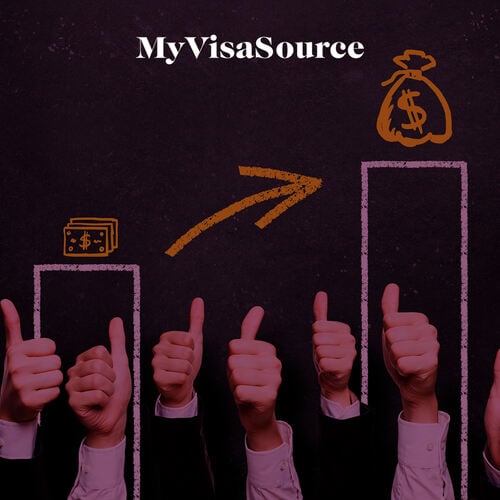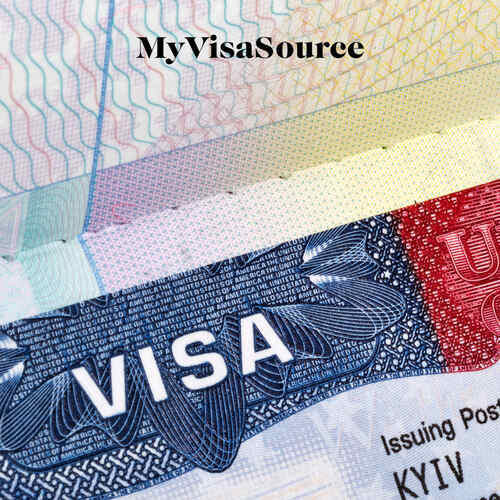The US Citizenship and Immigration Services (USCIS) announced on May 20, 2021, that the Department of Homeland Security (DHS) has officially removed the Interim Final Rule to redefine the definition of H-1B Visas. This Interim Final Rule was introduced in October 2020 to limit the type of applicants eligible for the H-1B Visas to highly skilled workers with advanced degrees.
However, in December 2020, the US District Court for the Northern District of California vacated the rule. Now, the Biden administration has issued a final order on removing the Interim Final Rule after it was challenged before the Federal Court and the DHS failed to comply with the Administrative Procedures Act. The DHS also failed to provide a valid reason to bypass the notice and comment steps in the decision-making process. After all this, it was finally removed from the Code of Federal Rules.
What Was the Previous Interim Final Rule About?
The Trump administration issued an order in October 2020 seeking to narrow the definition of specialty occupations for the H-1B Visas. This was done to discourage employers from hiring foreign nationals for low-wage jobs and to prioritize American workers instead.
This new rule would mean that applicants with a bachelor’s degree alone could no longer meet the eligibility criteria for the H-1B Visa. Instead, their degree must be specifically related to their field of work. This rule was titled “Strengthening the H-1B Nonimmigrant Visa Classification Program.”
Under this new rule, the definitions for words like “worksite”, “third-party-worksite”, “United States Employer”, were also affected. The new rule also limited the validity period to one year for H-1B Visas obtained through third-party placement petitions.




